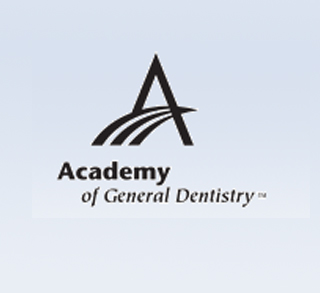
It is widely known that pregnancy may lead to physical changes that may alter both their hormone or appetite levels. This may also affect their oral health. The finding reveals that in spite the importance of good oral health for on the whole health of both mother and child, hardly 22 to 34 percent of women in the United States seem to visit a dentist during pregnancy.
Dental care during pregnancy is said to be safe and effective in addition to playing a key role in fighting the adverse effects of oral disease. Visiting dentists could help expectant mothers as the former are known to have capability to maintain their oral health by treating them for dental findings that could be common during pregnancy.
“Hormonal changes during pregnancy can result in several changes in the mouth,” comments Homa Amini, DDS, co-author of the article. “Reports show that the most common oral disease is gingivitis, which has been reported in 30 to 100 percent of pregnancies.”
Professional cleaning, proper tooth brushing and flossing may be needed to treat gingivitis which is a buildup of plaque that causes inflammation of the gums. When left untreated, gingivitis may result in periodontitis which is known to be a more serious form of gum disease.
“Patients tend to delay the treatment of oral disease due to concerns for fetal safety; however, routine dental treatment can be performed safely at any time during pregnancy,” remarks Dr. Amini.
Untreated dental disease could additionally make way for pain, infections and exposure to medications which may not be needed. Any of this could harm the developing fetus. Moreover poor oral health could also affect the nutritional intake of expectant mothers, which in turn could be essential for fetal growth and survival. Benign pregnancy tumors in the mouth may develop due to hormonal fluctuations in pregnancy. Post the first trimester the tumors may appear though they could go away after delivery. When these tumors bleed, surgical removal may be required probably interfering with eating. It may not resolve after delivery.
Besides examining for oral disease, dentists could also observe dental erosion in pregnant women. Typically, it may be due to surged acid in the mouth following morning sickness.
“To neutralize acid after vomiting, pregnant women should rinse the mouth with a mixture of a teaspoon of baking soda dissolved in a cup of water,” explains Patricia Meredith, DDS, FAGD, spokesperson for the AGD. “The teeth should be brushed only after the mouth has been rinsed and the acid has been neutralized to prevent further damage to the enamel.”
These steps could enable patients to benefit from ongoing advice related to proper oral hygiene and infant oral health care. This seems to make oral health assessment and treatment should be an essential part of prenatal care.
The article is published in the May/June 2010 issue of General Dentistry.
